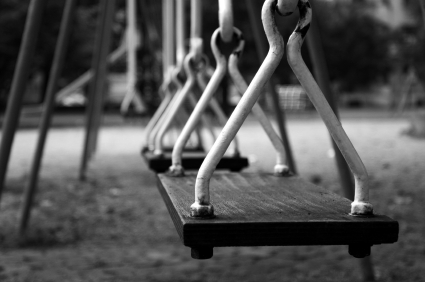I found one quote to be rather insightful:
"In this 'desert,' we who believe certainly have the
opportunity to have a profound experience of God, who strengthens the
spirit, confirms the faith, nourishes hope and inspires charity. It is
an experience that makes us sharers in Christ's victory over sin and
death through his sacrifice of love on the cross."
He goes on:
"But the 'desert' is
also a negative aspect of the reality that surrounds us: aridity; the
poverty of words of life and values; secularism and cultural
materialism, which enclose people within the worldly horizons of an
existence bereft of all reference to the transcendent. This is also the
environment in which even heaven above us is obscured, for it is covered
by the clouds of egoism, misunderstanding and deception."
I have some questions regarding the "bereft of all reference to the transcendent" regarding secularism and cultural materialism. I'm not quite sure what that means, nor am I sure you can definitively say that. Who can say whether someone is or is not bereft of all reference to the transcendent. I don't know much about Benedict's theologically influences, but I would think that Thomas Aquinas is one of them and that some notion of nature infused with grace would prevent him from speaking of existence bereft of all reference to the transcendence. Someone better schooled on these thing would have to say more at this point. I basically just wanted to raise a question. Anyways.
I did, however, find this idea of "aridity" and "poverty of of life and values" to be very insightful.
In Lent we intentionally go to the desert to have the poverty of our faith exposed, even to the point of allowing our sense or notion of the God to be clouded and hidden. To begin to experience a real sense of loss and abandonment just like Jesus did - "My God, my God, why have you forsaken me?"
There is something about Benedict's words that remind me of the Henri Nouwen quote I posted a couple of weeks ago. We face the reality of our "nothingness" and finiteness in the presence of God, and perhaps most especially in the distance and absence of God. I'm thinking of the prodigal son who leaves homes only to find himself living for scraps.
Perhaps we could say that in Lent we recognize the immensity of God's love and grace and hospitality to let His creation go and to experience dark nights of terror and abandonment. This becomes all too real, of course, on Holy Saturday, as the body of Christ lies dead in the tomb.
I like Benedict and Nouwen because they remind me of the poverty of all the games I play, that I would look at the one who suffer and died in hopes that God would raise Him from the dead and that I would have that same hope for myself as well.
Share your thoughts?

